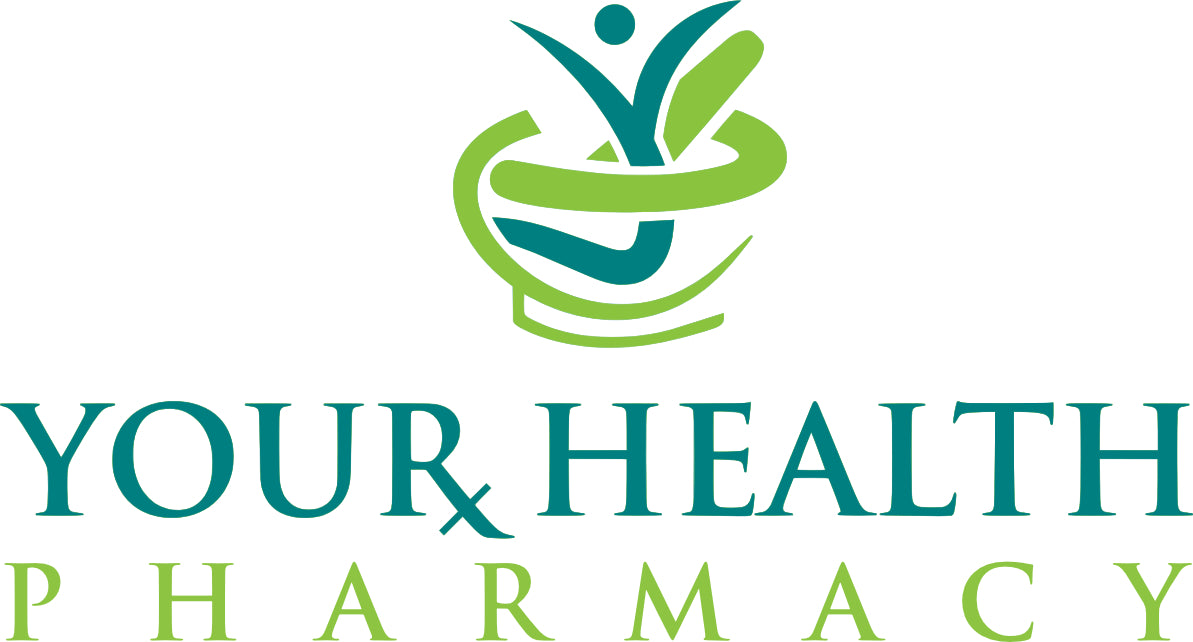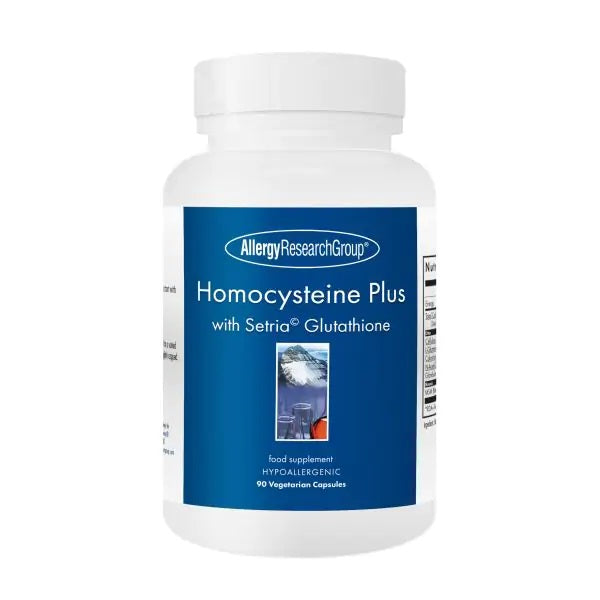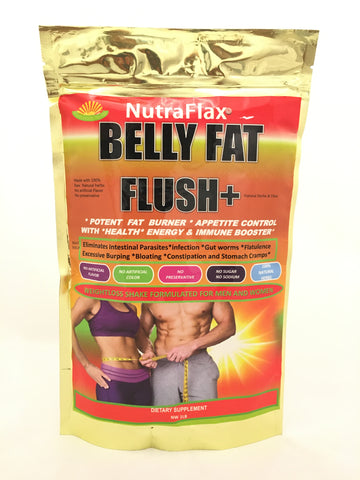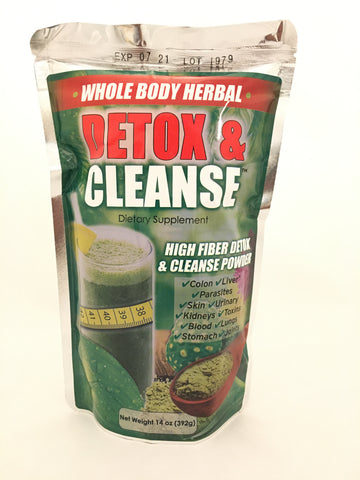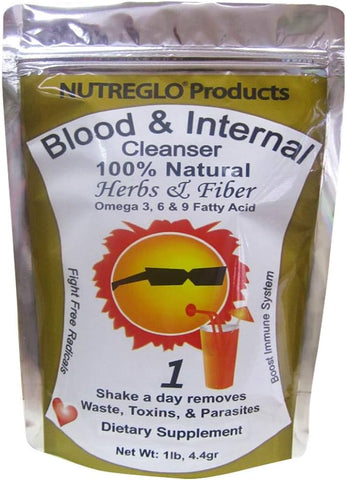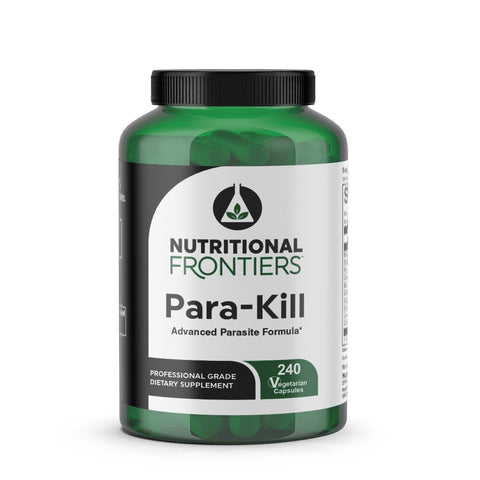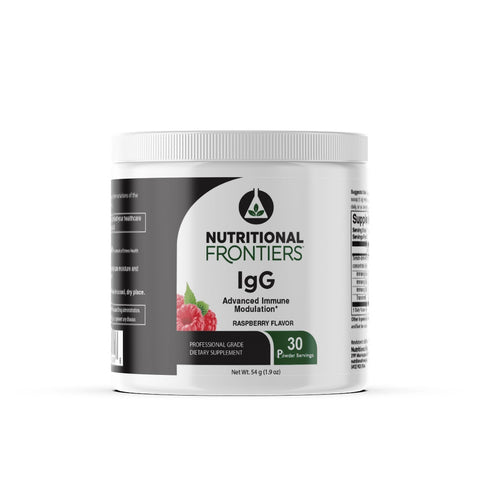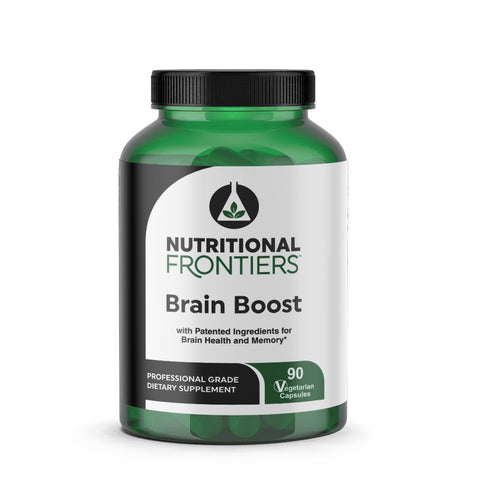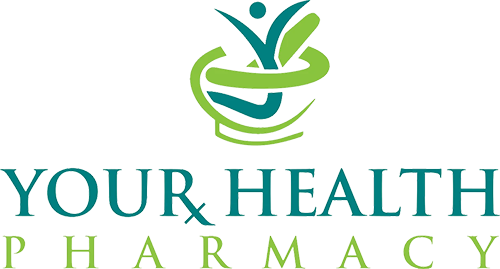Details
Normal homocysteine levels have been associated with cardiovascular and cognitive health, normal metabolism, and a healthy mood. Homocysteine may affect all other methyl and sulphur group metabolism processes either directly or indirectly.
Homocysteine is metabolised from the essential amino acid methionine. To prevent excess homocysteine accumulation, the body can degrade it through two pathways of liver detoxification, transsulphuration and remethylation. The transsulphuration pathway requires both pyridoxine and P5P as well as serine, and the remethylation pathway can involve methylcobalamin (the active form of B12), S-adenosyl-methionine (SAMe),5-methyltetrahydrofolate, zinc, and trimethylglycine.
Elevated homocysteine levels are associated with lowered levels of vitamins B6, B12, riboflavin, and folate. No correlation or only a weak correlation has been found between these individual nutrients and plasma homocysteine levels, whereas various combinations of these nutrients correlate with beneficial changes in homocysteine levels, supporting the likelihood that all these nutrients are in some way required. The combination of these nutrients works synergistically in way that any single nutrient cannot.
TMG has been shown to be helpful when other nutrients did not improve elevated homocysteine levels. TMG can stimulate remethylation of homocysteine to dimethylglycine in some situations. Additionally, TMG’s methyl donating activity is crucial to liver function and detoxification, and TMG may protect against chemical and alcohol-related damage to the liver.
Recently researchers noticed that homocysteine is highly responsive to riboflavin.
Foodstuffs in North America are commonly fortified with vitamin B2 but are not in Europe, and a specific subset of European individuals with the MTHFR 677 TT genotype was found to have elevated homocysteine levels because of the lack of the riboflavin cofactor.
In a recent study, it was found that supplementing with zinc can reduce serum homocysteine and increase vitamin B12 and folate concentrations in individuals with certain types of blood sugar conditions.
Cysteine is a component of the tripeptide glutathione. It is the rate-limiting amino acid for glutathione production and approximately 50% of the cysteine in glutathione is derived from homocysteine in human liver cells. Antioxidant enzymes such as catalase and superoxide dismutase as well as vitamin E play key roles in enhancing the trans-sulphuration pathway that allows cysteine to build out glutathione. Homocysteine inhibits glutathione peroxidase, an enzyme that protects cells against oxidation and is necessary for normal nitric oxide production and endothelial function. Blood levels of glutathione have been shown to be negatively correlated with homocysteine levels, and supplementation with glutathione has been shown to reduce levels of homocysteine.
Directions For Use
As a food supplement, 1 capsule daily with food.
Nutrition Facts
| Amount Per Serving: |
% NRV | |
|---|---|---|
| Vitamins: | ||
| Vitamin B6 (50% as Pyridoxine Hydrochloride and 50% as Pyridoxal-5-Phosphate) | 30mg | 2143% |
| Riboflavin (as Riboflavin-5-phosphate) | 10mg | 714% |
| 5-Methyltetrahydrofolate (from 740 ug [6S]-5-methyltetrahydrofolic acid, glucosamine salt) | 400ug | 200% |
| Vitamin B12 (as Methylcobalamin) | 400ug | 16000% |
| Minerals | ||
| Zinc (as Zinc Picolinate) | 5mg | 50% |
| Other: | ||
| Betaine (as Anhydrous) | 500mg | * |
| L-Serine | 100mg | * |
| L-Glutathione (reduced) | 50mg | * |
Ingredients: Betaine, L-Serine, Glutathione, Methylcobalamin, Zinc Picolinate, Pyridoxine HCL, Pyridoxal-5-Phosphate, Magnesium Stearate (E470b), Silicon Dioxide (E551), Microcrystalline Cellulose (E460i), Methyltetrahydrofolic Acid, Glucosamine Salt, Capsule Shell: Hydroxypropyl Methylcellulose (E464).
